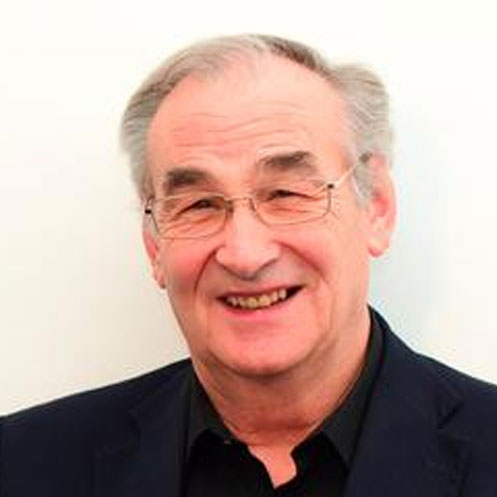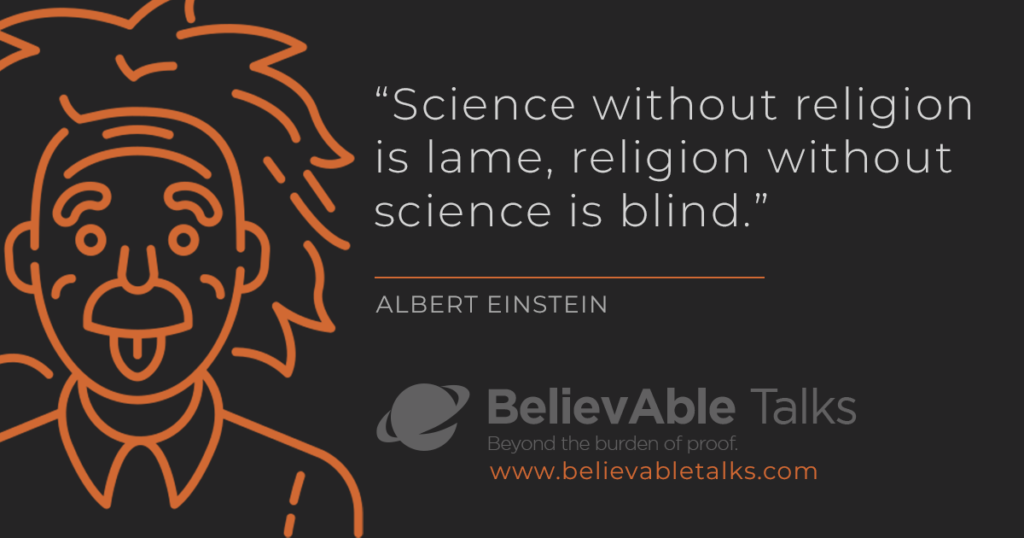BelievAble Talks seeks to offer a platform for open and honest dialogue on matters pertaining to spirituality, religion and science. Questions and doubt are welcome! Our belief is that the beauty of rational and life-enriching thought is found in the process of inquiry and the search for objective truth.
In our materials we strive to evaluate and give a fair hearing to varying (sometimes opposing) views by engaging some of the latest theories and research from relevant fields of study. Through the methods of inquiry employed we may not always ascertain certainties, but rather consider plausible alternatives.
What shapes our convictions? We live in a pluralistic world, marked by diversity, where traditional ideas spawn dissonant tones; where globalisation has disenfranchised ideologies; where the Internet has compressed distance and time; and where access to information is virtually instant. In this episode, we focus on some of the latest research on the psychology of faith, about which Lawrence Krauss claims that “we are wired to believe and need to fight against it”, while Christopher Hitchens exasperatedly affirms that “religion is ineradicable!”.
We all see the world differently. Our background, culture, education and past experiences colour the picture of our reality; our perceptions construct the truth that is supposed to ground us. But, what is truth? Is all truth the same? Is anything certain? And what do we do with doubts, which we all have? Physician Paul Tournier once said: “Where there is no longer any opportunity for doubt, there is no longer opportunity for faith either. Faith demands uncertainty, confusion … A guarantee would, after all, preclude faith.”
Christopher Hitchens writes that religion poisons everything; that religion kills! Sam Harris argues that religion justifies and even rewards terrorism. Is it fair to speak of religion in such general terms? Does all religion hurt? Would we be better off without religious faith and practice? Is violence innate to religion? And why, or rather, when does religion cause hurt?
Why is there a Universe? How did we get here? Why are we here? These questions have troubled the human mind for millennia. Religion sought to offer answers from the beginning of human thought; science joined the quest, though often finding itself at odds with religion. But are religion and science necessarily mutually exclusive? Can science withstand the same scrutiny to which religious claims are subjected? In this episode we discuss the Big Bang theory, particle physics, supersymmetry, multiverse, and the Higgs particle.
Continuing from Episode 4, in this episode we explore the second law of thermodynamics, genetic entropy, the evolutionary timeline, the nuclear geyser, and transitional fossils.
Why do ‘the right thing’? Why does doing ‘the right thing’ matter? Why should it matter? Jonathan Sacks argues that morality is essential “to our dignity, our happiness, the meaningfulness of our lives and the structures of grace that constitute our society”. But where does morality come from? And, does it always pay to do right? Does one have to be religious to act in a moral way? Does one have to believe in God to do good?
Science speaks of a future of limitless possibilities for humanity. Our vast universe presents us with exciting and seemingly unlimited opportunities for exploration. In this final episode, we bring together theoretical science and theological thought, and revisit quantum theory, theoretical physics and multiple-dimension realities, while also discussing humanity’s quest for perfection and immortality.




This is the first interview in the series BelievAble Conversations. Dan’s guest: author Clifford Goldstein. Listen to how Cliff first became aware of the importance of truth in a pizza parlour, his reasons for finding the logic of material existence outside of the material, and why true faith comes through revelation. (Below are the links to Cliff’s article “The Logic of Existence” and his book “Baptizing the Devil.”)
In this second interview of the series, Prof John Walton speaks about ‘compact time’, where dinosaurs fit in the creation narrative, origins and the book of Genesis, and gives a brilliant answer to the question, ‘What is God made of?’ Below are two links to how to purchase his book “Compact Time” and one to a talk given on the Flood: https://www.troubador.co.uk/bookshop/… https://www.amazon.co.uk/Compact-Time… God And Science 2020 – Day 4 – The Flood & Compact Time – Prof John Walton – YouTube
